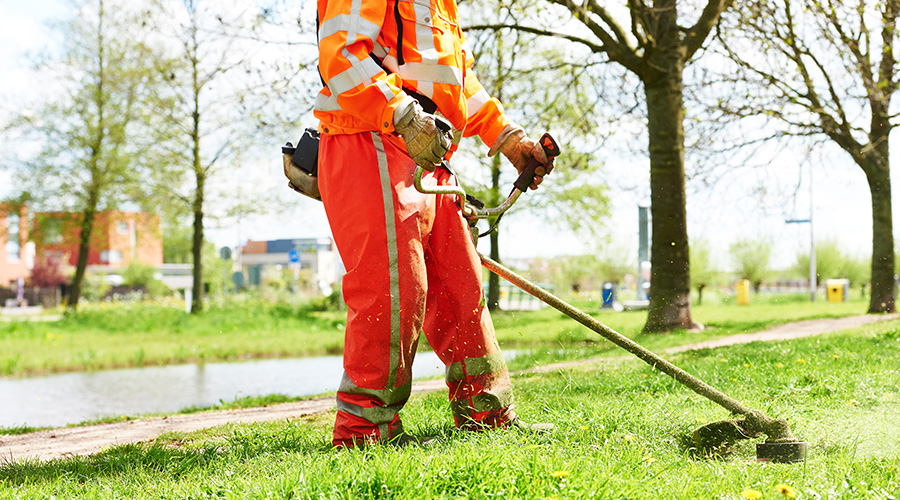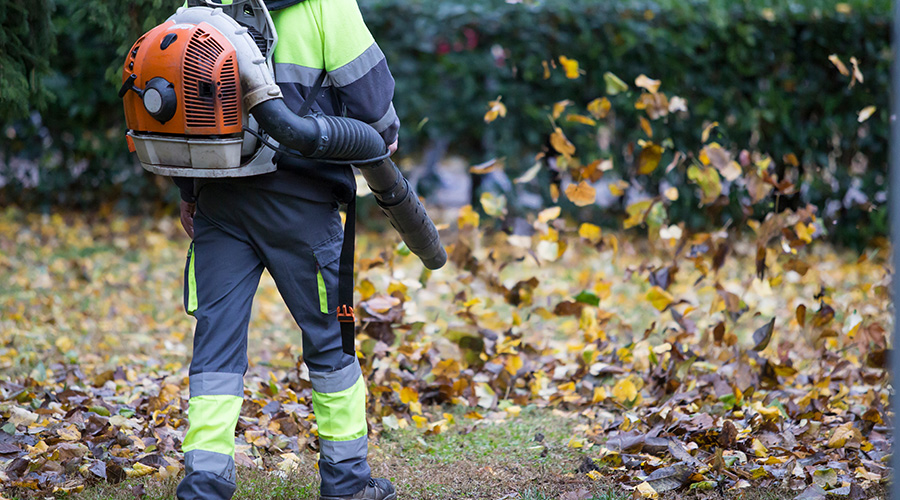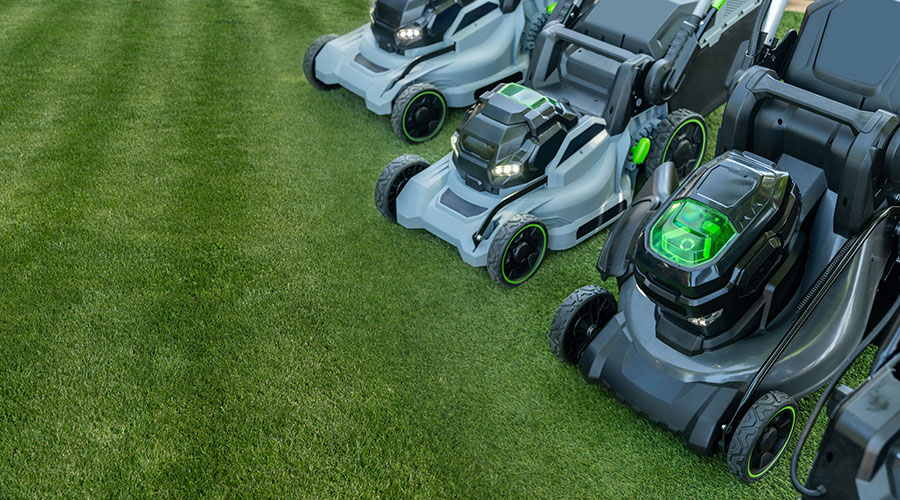How to Properly Store Equipment During Off-Season Months
Grounds equipment needs to be properly stored during off-season months to avoid equipment failure when the time comes.
By Sara Myers-Hogshead, Contributing Writer
Not all equipment will be used for all 12 months of the year by grounds and facility managers. Whether it's a university campus, a nature conservatory or a resort facility, where there are lots of acres, there will be lots of equipment. Proper storage is important for all of these facilities and their managers. Each facility has its process and tips and tricks that they are able to share.
1.) Have indoor heated storage for equipment.
Matthew Bailey, manager of landscape services at Michigan State University, says their goal at the university is to have all snow removal equipment parked inside so they can react quickly to after-hours snow events and other campus events, since they’re frequent during winter months.
The university also has a lot of indoor heated storage and some insulated storage to park all battery-type golf carts and vehicles.
“We make sure that all of our equipment storage locations have smoke detectors or fire suppression systems in case something happens,” Bailey says. “So, we don't lose all of our equipment, but it's all winterized and packed away, and stored.”
2.) Winterize your equipment properly.
Nico Viola, director of facilities at Holden Forests & Garden, advises winterizing equipment properly during off-season months.
“In the fall, we take all our mowers with our summer outdoor equipment,” Viola said.
Equipment like blowers, weed whacker, and items that use mixed gas in them are better to keep dry in the off-season, rather than keep them with any sort of fuel in them, he explains.
“Because the fuel degrades, it starts to come up with carburetors and everything, but on the larger pieces of equipment, we'll make sure that we put stabilizer in the gas, make sure the oils change, and then, we'll put them into the barns in various locations.”
3.) Have a large space for storage.
At NemaColin, equipment manager Kayla Kipp has a large equipment storage building they use for the off-season months.
“Say it's summer, the mowers come to the front and the plows and the snowblowers get put towards the back, on either side, and in the middle,” Kipp said. “It's a massive facility.”
The facility also has a rack storage system for items they can put on pallets on stack on top of each other.
“Before we store plows and snowblowers for the summer, we'll bring them into the shop,” she says. “We pressure wash them, we touch up paint, we grease them, and then we spray them with fluid film, which is a non-toxic rust preventative.”
The fluid film works well for rust prevention, she says. The facility also makes sure to use hot pressure washing to get grease off the equipment and that grass grime, which they have found is much better than just cold water.
Sara Myers-Hogshead is a freelance writer based in Loves Park, Illinois.
Related Topics:












